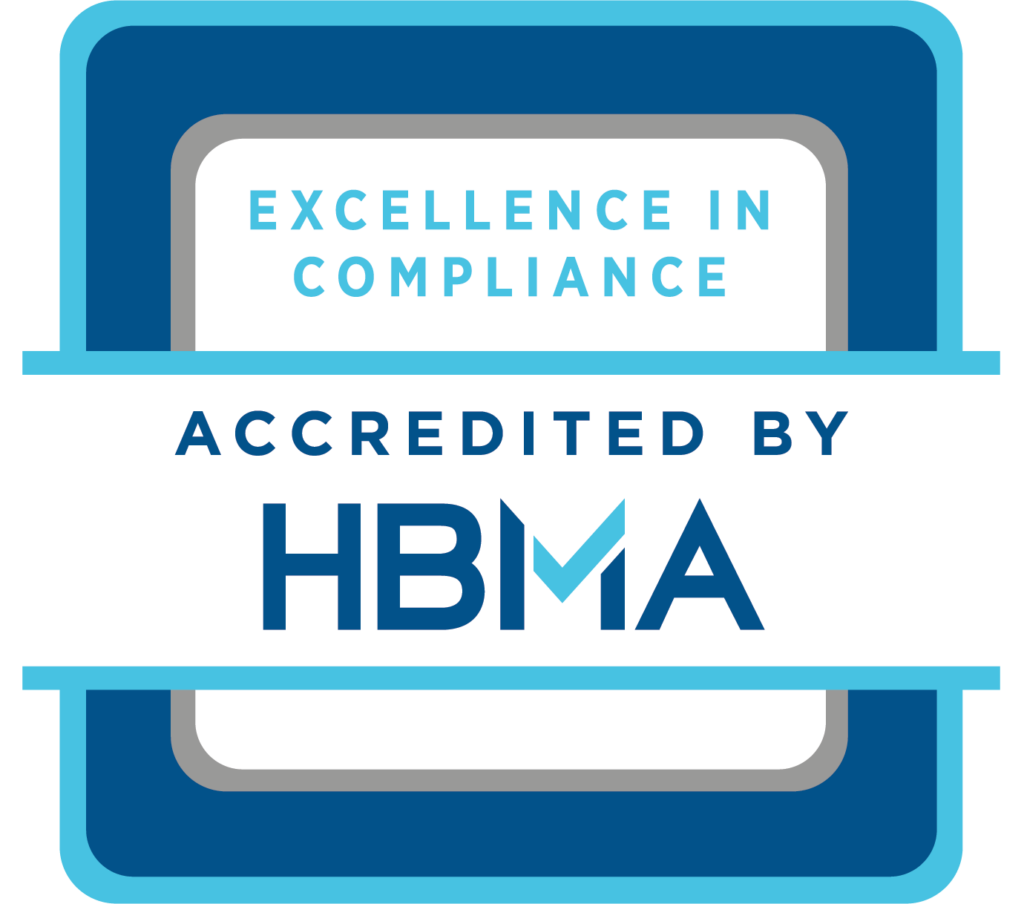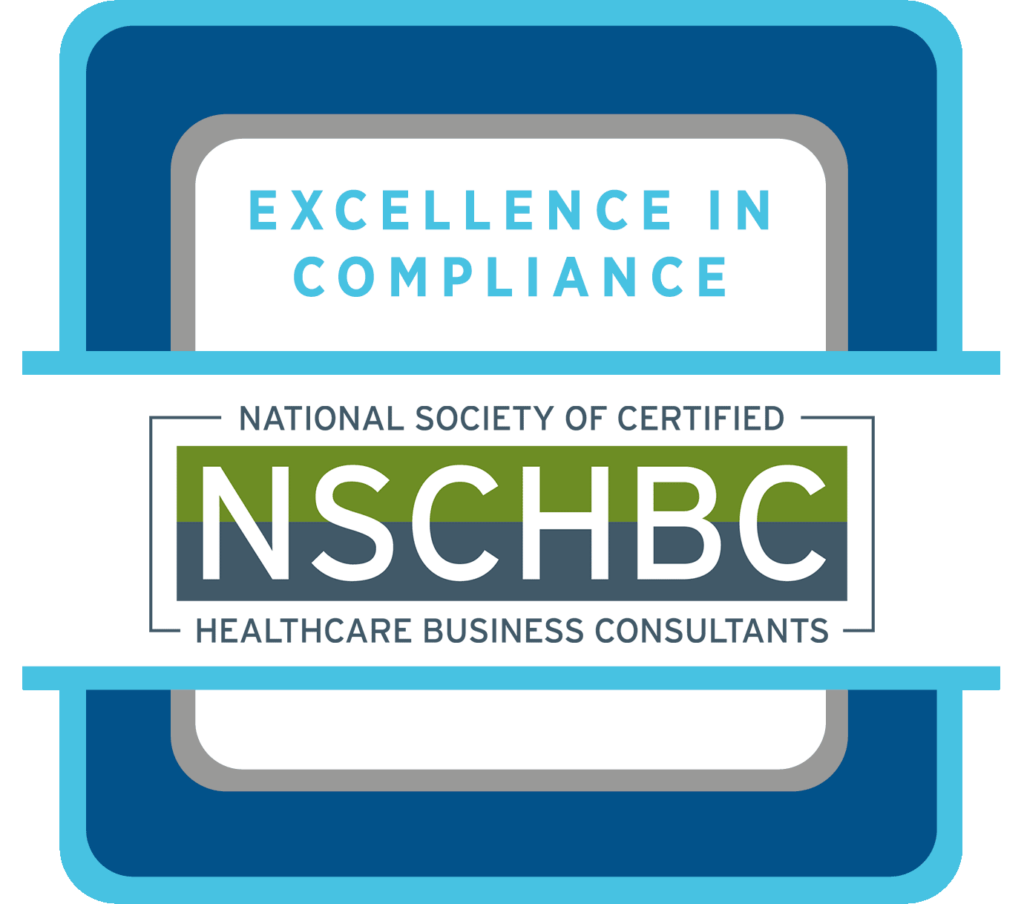What Is Healthcare Billing? A Guide for Practice Leaders

At the center of every healthcare practice is a mission to care for people, and sustaining that mission takes more than great outcomes—it takes financial stability. Healthcare billing is the foundation of revenue cycle management, and understanding this process is key to protecting and growing your financial health. You don’t need to be a billing expert. You just need to know how it works—and what strong billing systems look like.
Let’s start by breaking down the basics of healthcare billing and its role in your practice’s financial success.
What Is Healthcare Billing?
At its core, healthcare billing involves submitting and following up on claims with health insurers to receive payment for services rendered. It bridges the gap between healthcare and financial reimbursement, ensuring your practice gets paid accurately and efficiently.
Think of billing as your practice’s financial heartbeat. Every late claim, coding error, and misstep in the process weakens it. Done right, billing provides stability and cash flow. Done wrong leads to missed revenue, delayed payments, and frustrated staff and patients.
Understanding the Revenue Cycle
To understand where billing in healthcare succeeds—or fails—you need to see the full revenue cycle in action. It begins the moment a patient schedules an appointment and ends when every dollar owed for that encounter is collected.
Here’s a simplified version of the cycle:
- Pre-visit: Insurance verification and eligibility checks
- Point of care: Accurate documentation and coding of services
- Post-visit: Claim creation, submission, and payment posting
- Denial management: Addressing rejected or underpaid claims
- Patient billing: Collecting balances from patients
Each phase relies on the accuracy and efficiency of the one before it. Early in the cycle, a single error can cascade into denied claims or uncollected balances. If your cycle’s broken, your cash flow is too. Fixing it starts with knowing how each piece connects to the next.
The Cost of Inefficient Healthcare Billing
When billing processes break down, the impact goes far beyond administrative inconvenience.
Poor medical billing practices, such as inefficient EMR setups or inconsistent patient billing, can lead to high denial rates, increased days in accounts receivable (A/R), underpayments, and growing write-offs. These inefficiencies directly reduce revenue, and over time, they erode the financial stability of your practice.
Inefficient billing also leads to staff burnout, workflow disruptions, and patient dissatisfaction due to unclear balances or surprise bills. You may never see a glaring red flag—but if your revenue cycle isn’t running smoothly, you’re likely losing thousands of dollars annually. In many cases, leadership doesn’t even realize how much revenue is left uncollected.
Essentials of Effective Billing
An efficient billing system builds a framework that supports accuracy, transparency, and long-term financial performance. Effective billing means working smarter, not harder.
Here are the foundational elements of effective medical billing:
- Accurate coding and documentation: Ensures services are correctly billed and supports audit readiness.
- Proactive denial management: Tracks, analyzes, and addresses rejections to prevent future losses.
- Integrated EMR workflows: Reduces manual errors and enhances data accuracy.
- Clear patient communication: Improves collections and reduces billing confusion.
- Data-driven oversight: Monitors performance metrics to identify trends, gaps, and opportunities.
Medicus Billing & Consulting specializes in building this kind of system. Their services go beyond claims submission—they dig into your practice’s billing structure, find the cracks, and strengthen every stage of the process. Whether fixing coding workflows, integrating EMR platforms more efficiently, or handling complex denials, they bring clarity to chaos.
The Strategic Advantage of Revenue Cycle Consulting
Sometimes, you’re too close to the system to see what’s broken. A consulting partner provides an objective, data-driven analysis of your billing operations. They identify gaps in coding, workflows, or staff training and design actionable plans to improve performance.
Consulting revenue cycle services means you don’t just react to problems; you prevent them. Effective consultants starts with a comprehensive audit, builds a correction plan, and helps implement smarter, leaner billing operations tailored to your specialty. And they don’t just disappear after the setup—they stay engaged, providing insight and oversight to keep your revenue cycle performing.
Final Thoughts on Healthcare Billing
You can’t afford to ignore your billing system—not when it’s directly tied to your cash flow, your team’s sanity, and your patients’ experience. Understanding how and where it breaks down gives you the power to fix revenue leaks, improve operations, and build long-term financial health.
With more than 40 years of experience in healthcare billing and practice operations, the Medicus team has helped practices reduce denials, cut A/R days, and boost collections. Medicus Billing and Consulting is built for practices like yours—serious about care but smart about business.
Contact Medicus to build a billing system that brings clarity, control, and real results.
About the Author: Cyndi Walker
Cyndi Walker, CMC CHBC, is the founder of Medicus Billing and Consulting, a premier billing company with over 40 years of experience in the medical billing industry. With certifications in Medical Coding, Healthcare Billing Consulting, and Compliance, Cyndi has built a reputation as a trusted expert in the field. She regularly shares her extensive knowledge on topics such as coding, payer appeals, regulations, and billing techniques. Connect with Cyndi today to discover how Medicus Billing can streamline and enhance your practice’s billing processes.

Contact Us Today
"*" indicates required fields



